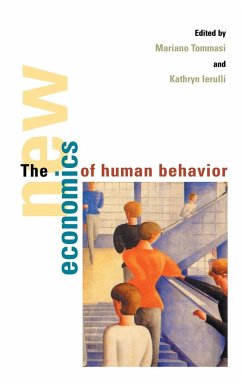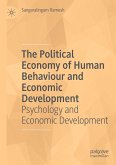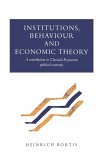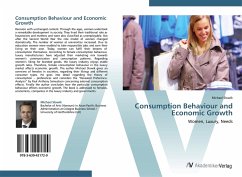What do sex, contraceptives, marriage, divorce, alcohol, religion, politics, crime, and punishment have in common with inflation, monopoly, and exchange rates? The answer given in this book is that the formers are all aspects of human behavior, which, like the latter, can be analyzed and modeled using conventional economic methods. The application of economic reasoning to human behavior, which was until recently considered to be beyond the scope of economic analysis, was pioneered by Gary Becker, the 1992 Nobel Laureate in Economics. Becker's excursions into sociology, anthropology, and political science led him to think about issues such as marriage, religion, and crime in an entirely new way, and eventually to assert that all actions, whether working, playing, dating, or mating, have economic motivations and consequences. This book is an accessible introduction to Becker's work and ideas. It explains to students the ways in which the standard tools of economics can be used to understand a wide range of human activities, and in doing so, offer provocative insights into a wide range of social issues.








